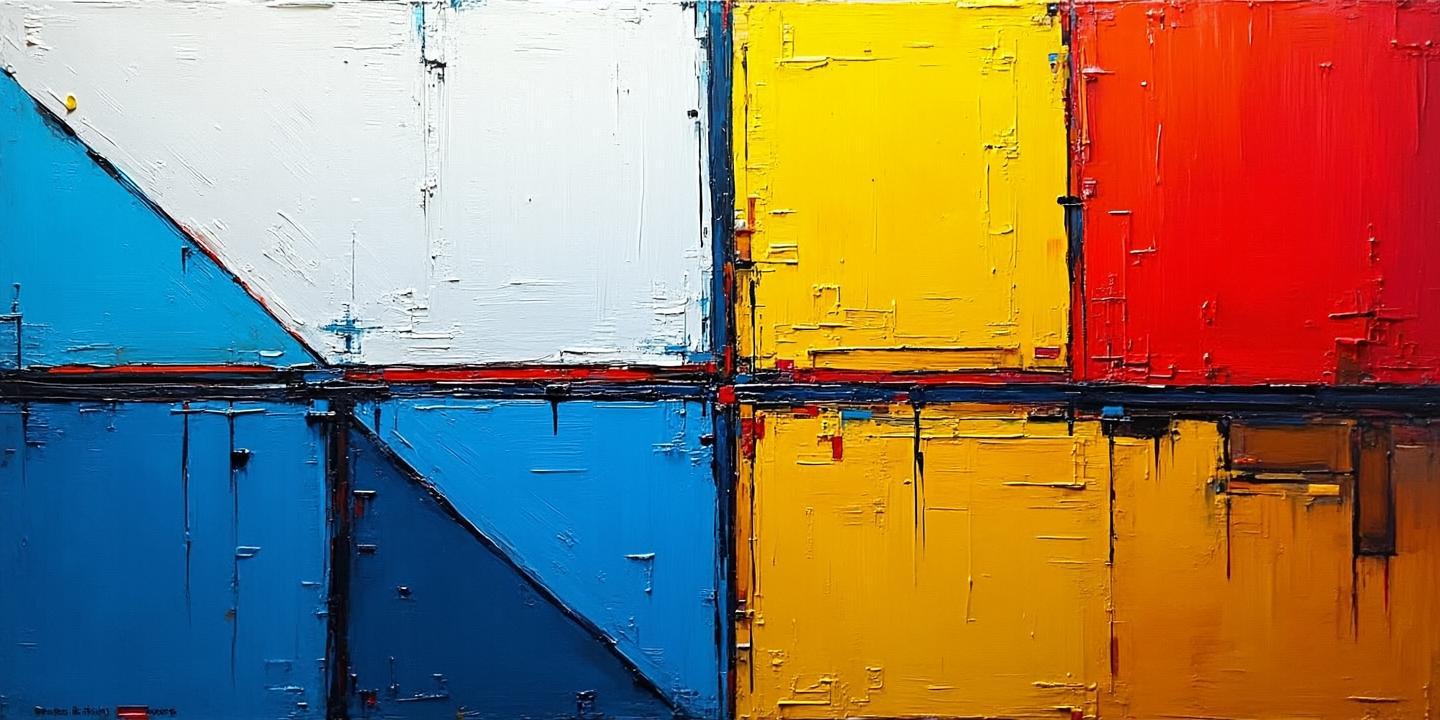
在学习英语的过程中,掌握常用短语是提升语言能力的重要一步。而“have”作为英语中最常用的动词之一,搭配不同词汇可以形成多种意义丰富的短语。这些短语在日常对话、写作以及考试中频繁出现,因此教会孩子理解和运用“have”的常见短语至关重要。本文将详细解析“have”的常见短语及其用法,并通过例句帮助孩子更好地掌握这些表达。
1. Have a good time
“Have a good time”是一个常见的短语,意为“玩得开心”或“过得愉快”。它通常用于表达对某人即将参与的活动或旅行的祝愿。
例句:
- We’re going to the amusement park tomorrow. I hope we have a good time!
- Have a good time at the party tonight!
2. Have a look
“Have a look”表示“看一看”或“检查一下”。它常用于邀请或建议对方查看某物。
例句:
- Can you have a look at my homework and tell me if it’s correct?
- I’ll have a look at the menu and decide what to order.
3. Have a break
“Have a break”意为“休息一下”,常用于建议或提醒某人暂停工作或学习以恢复精力。
例句:
- You’ve been studying for hours. Why don’t you have a break?
- Let’s have a break before we start the next task.
4. Have a problem
“Have a problem”表示“遇到问题”或“有困难”。它用于描述某人面临的具体挑战或困境。
例句:
- I have a problem with my computer. It won’t turn on.
- Do you have a problem understanding this lesson?
5. Have a chance
“Have a chance”意为“有机会”或“有可能”。它常用于表达某人获得某种机会的可能性。
例句:
- I hope I have a chance to visit Paris one day.
- Do you think we’ll have a chance to win the game?
6. Have fun
“Have fun”是一个简单的短语,意为“玩得开心”或“享受乐趣”。它常用于鼓励某人享受当前的活动。
例句:
- We’re going to the beach this weekend. Have fun!
- I always have fun when I play with my friends.
7. Have a question
“Have a question”表示“有一个问题”,常用于课堂上或讨论中。
例句:
- I have a question about the homework assignment.
- Does anyone have a question before we move on?
8. Have a dream
“Have a dream”意为“有一个梦想”,用于描述某人的理想或目标。
例句:
- I have a dream of becoming a famous scientist one day.
- She has a dream to travel around the world.
9. Have a plan
“Have a plan”表示“有计划”或“有安排”,用于描述某人对未来的规划。
例句:
- Do you have a plan for the weekend?
- We have a plan to start a new project next month.
10. Have a meeting
“Have a meeting”意为“开会”,用于描述某人即将参与或正在参与的会议。
例句:
- I have a meeting with my boss at 3 PM.
- We’re going to have a meeting to discuss the new project.
11. Have a conversation
“Have a conversation”表示“进行对话”或“交谈”,用于描述两人或多人的交流。
例句:
- I had a conversation with my teacher about my grades.
- Let’s have a conversation about your future plans.
12. Have a try
“Have a try”意为“试一试”,用于鼓励某人尝试某件事。
例句:
- This game looks fun. Why don’t you have a try?
- I’ve never cooked before, but I’ll have a try.
13. Have a nap
“Have a nap”表示“小睡一会儿”,用于建议或描述某人短暂的休息。
例句:
- I’m feeling tired. I think I’ll have a nap.
- You’ve been working hard. Why don’t you have a nap?
14. Have a headache
“Have a headache”意为“头疼”,用于描述某人的身体不适。
例句:
- I have a headache, so I’m going to lie down.
- She has a headache and can’t concentrate on her work.
15. Have a party
“Have a party”表示“举办聚会”,用于描述某人即将或正在组织的社交活动。
例句:
- We’re going to have a party to celebrate my birthday.
- Did you have a party last weekend?
16. Have a shower
“Have a shower”意为“洗澡”,用于描述某人的日常活动。
例句:
- I’m going to have a shower before dinner.
- He always has a shower after exercising.
17. Have a meal
“Have a meal”表示“吃饭”,用于描述某人用餐的行为。
例句:
- Let’s have a meal together this evening.
- I usually have a meal with my family on Sundays.
18. Have a drink
“Have a drink”意为“喝一杯”,用于描述某人饮用某种饮品的行为。
例句:
- Would you like to have a drink with me?
- I’m thirsty. I’ll have a drink of water.
19. Have a seat
“Have a seat”表示“请坐”,用于邀请某人坐下。
例句:
- Please have a seat while you wait.
- Come in and have a seat.
20. Have a good day
“Have a good day”意为“祝你度过美好的一天”,用于表达对某人的祝愿。
例句:
- Thanks for your help. Have a good day!
- I’m off to work now. Have a good day!
通过以上短语和例句,孩子可以更直观地理解“have”在不同语境中的用法。为了更好地掌握这些短语,建议孩子在日常生活中多加练习,尝试用这些短语造句或进行对话。同时,家长和老师可以通过游戏、练习册或情景模拟的方式帮助孩子巩固所学内容。掌握“have”的常见短语不仅能够提升孩子的英语表达能力,还能为他们未来的学习和交流打下坚实的基础。
猜你喜欢:名词作定语
